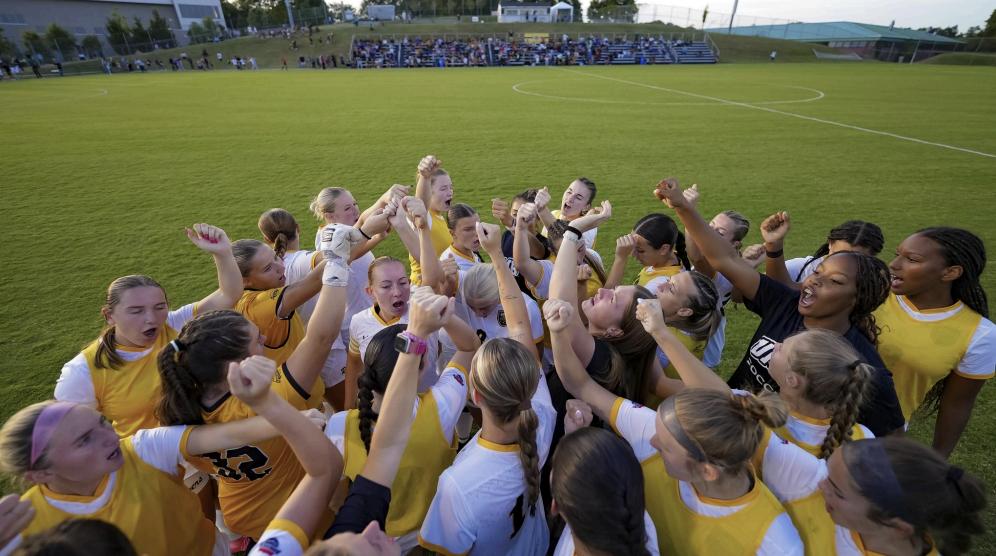Education majors have always been unique amongst college students: learning, learning to teach and teaching all at once. The COVID-19 pandemic challenged their efforts to juggle these roles. At the University of Maryland, Baltimore County, education majors remain enthusiastic students of teaching as they transition from all-virtual teaching to hybrid classroom internships.
COVID-19 vaccination uncertainties however, added another layer of stress for some students.
Since the majority of UMBC-area public schools were fully virtual their first semester, teaching interns have only recently begun physically entering their elementary, middle or high school classrooms. However, Dr. Cheryl North, Clinical Assistant Professor in the Department of Education, said that some interns have not been able to return to their schools.
“One school system did not have interns returning to the classroom. [Others have had] issues with class capacity,” she explained.
An intern who wished to remain anonymous out of precaution for future employment opportunities said she experienced a rollercoaster of anxiety as plans to re-enter the classroom were discussed. The uncertainties about COVID-19 vaccination availability for interns left her unsure as to whether she wanted to be back in the classroom.
“UMBC said you are either going back [to classrooms] in-person or withdrawing [from the internship class] and taking it next semester. This would have extended my graduation,” said the student. “Then Baltimore County said it would allow interns into the building, but then reversed that decision. Then UMBC said don’t get the vaccine.”
The student did not want to risk being unvaccinated if the county reversed its intern policy, which it did a week later, so they registered for a vaccine just in case.
“It was a lot of back and forth on a tight timeline,” they said.
Other students said that UMBC was helpful in getting interns certified for vaccination.
Most classrooms now follow a hybrid model. North explained that this means that the traditional relationship between interns and their mentors — the actual classroom teacher — has developed in response. For example, an intern may handle online students by monitoring the chat and organizing breakout groups, while a mentor instructs in-person students.
“Usually the intern would be soaking up from a mentor,” said North. “This year, there is a lot of co-teaching.”
Senior English and Education Certificate student Nick Gaffney, who works in a local middle school that will remain unnamed due to privacy concerns, reaffirmed the symbiotic relationship between intern and mentor.
“It is a very collaborative process, [especially when] coming up with lessons … and taking the lead on day-to-day operations,” he explained.
Mikaila Donaldson, a senior history major pursuing a certificate in secondary education, said that her mentor teacher is comfortable using technology in the classroom because she is fairly young.
Both Gaffney’s and Donaldson’s classrooms are now hybrid, although Gaffney observed that very few of his students come to the physical classroom and choose instead to log in online. North’s concerns about teaching young students this way stems from a question being asked nationwide: how wide will the education and literacy gap grow, and will it ever be bridged in the future?
“I always like modeling things in class. Now you are modeling virtually. Literacy is social and cultural; how does that translate to online student teaching?” asked North.
Gaffney explained that even his in-person students are on a computer. If a student needs assistance, he will work with them independently from a corner of the classroom.
“It’s still a Google Meet classroom,” he said.
As of the publication of this article, Donaldson has been in the classroom for two weeks, having been fully virtual since the fall.
“I’m absolutely loving being in the classroom right now, even with hybrid learning,” said Donaldson. “I was stressed looking forward to it, but it’s honestly really been such a positive change.”
North explained that she sees more online learning options in the future so that people’s needs, like living far from school, can be met. For some interns, the year’s virtual internship experiences have sparked interests in specializing in distance education.
“I wouldn’t have considered it before,” said Gaffney. “I am [much more] confident in my abilities to teach online.”
